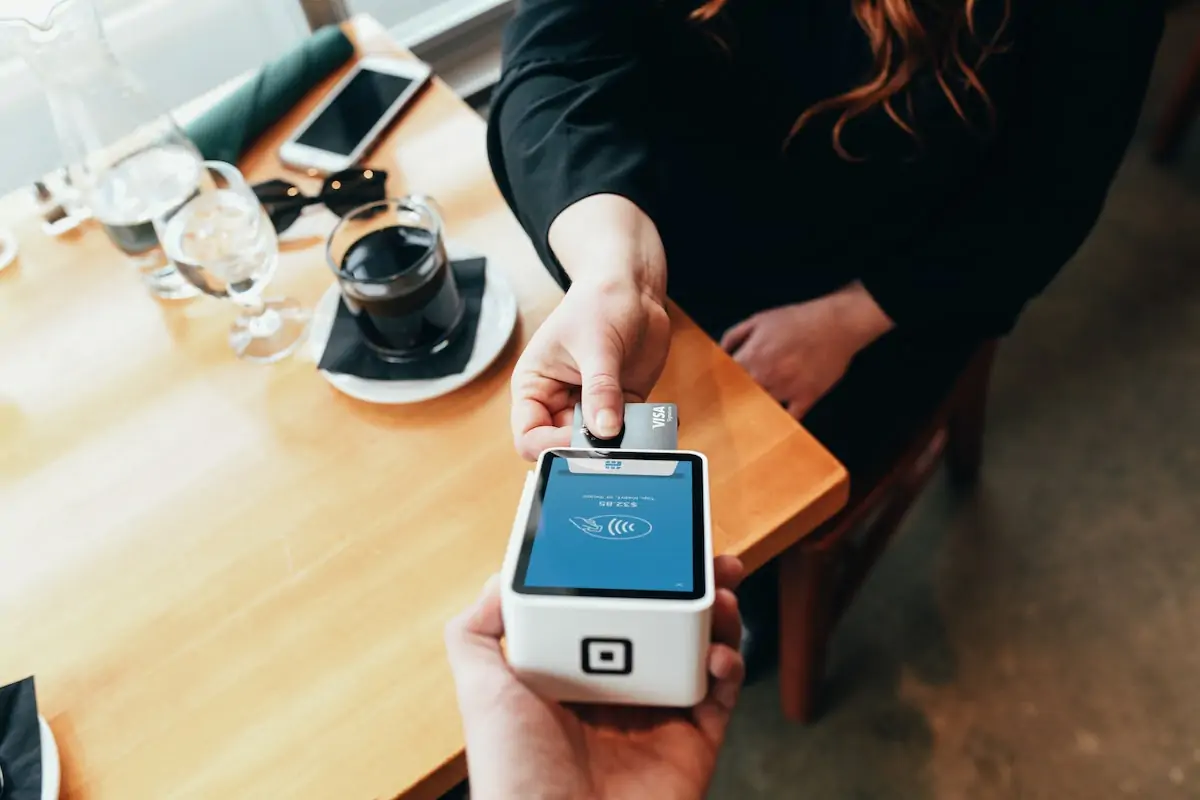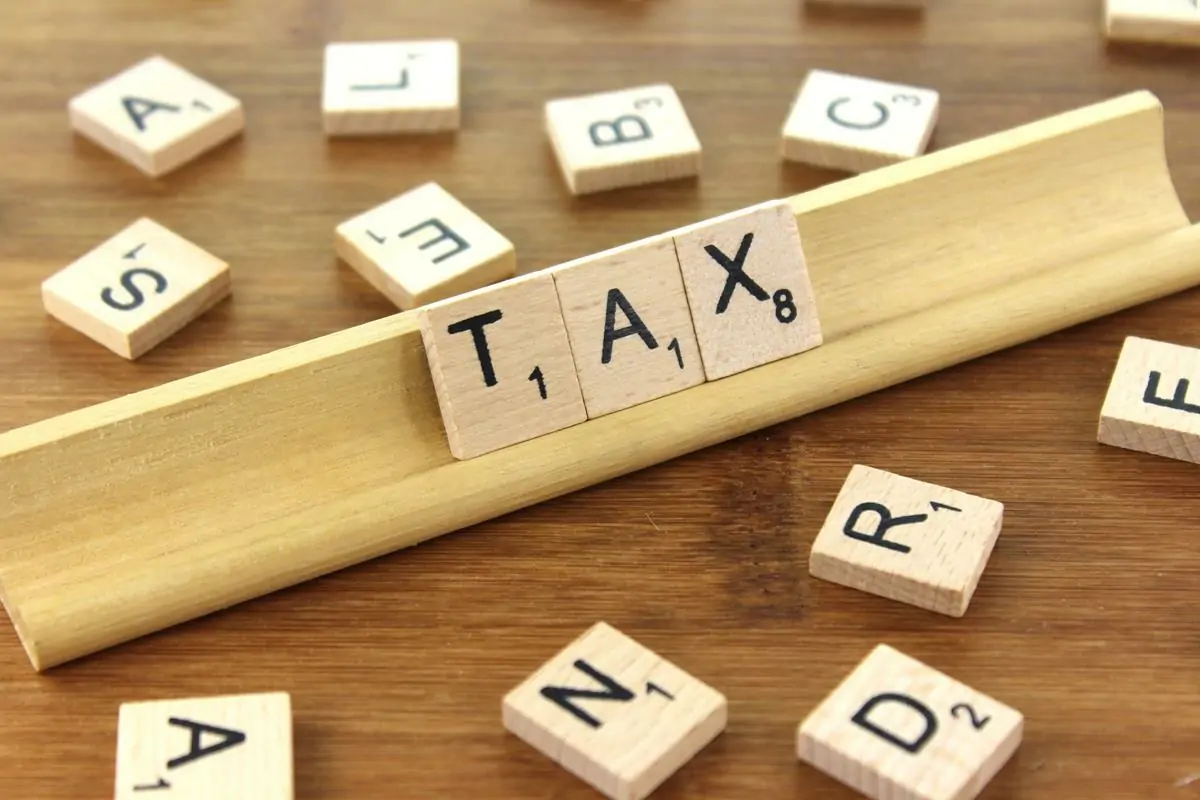
VAT Deregistration: Reasons, Processes and Advantages
8 Oct 2020This article has been checked for accuracy as of November 2025.
If you registered for VAT because your turnover was over the VAT threshold of £90,000, it’s important to be aware that, if circumstances change, you can consider VAT deregistration as an option. The most likely reason to go down this route is that you believe your turnover will fall below the VAT threshold in the next 12 months. However, there are other scenarios that will be explained in this article.
Reasons for considering VAT deregistration
Turnover below the threshold
The VAT deregistration threshold is £88,000. You must be confident that your turnover will remain below that level for the next 12 months. This means checking your income forecasts and looking at the likely impact of any marketing campaigns that might generate additional revenue and take your turnover back above the threshold.
There could be a number of reasons why turnover has fallen or will fall. You may have contracts that expire in the next 12 months and are unlikely to be renewed. You may have lost a major customer and don’t have an immediate replacement. Your business may still be recovering from previous economic disruption, market changes or a general downturn in demand.
Whatever the reason, you must be sure that the lower turnover is significant and unlikely to recover in the next twelve months. That’s why HMRC has set the deregistration level for VAT at £2000 less than the original threshold for registration. This is so that businesses do not keep coming in and out of VAT registration.
Related: Key dates for the UK tax year
No longer trading
If you have ceased trading or intend to cease trading, you must inform HMRC and deregister for VAT. If you have sold your business, responsibility for VAT collection will fall to the new owners.
Related: Business valuations in London
No longer offering VAT-rated products or services
Your business may have changed and you no longer sell products or services that attract VAT. That means you no longer have to charge customers VAT.
Joining a VAT group
If you join a group and the other party or parties are also VAT-registered, you can deregister your business. The group continues to collect VAT under a single registration number with one member company responsible for reporting and paying VAT to HMRC.
Advantages of VAT deregistration
You will also no longer be required to maintain digital VAT records or submit VAT returns through Making Tax Digital software.If you deregister your business, there are a number of possible advantages:
-
You may be able to sell more products or services because your prices no longer include VAT.
-
You won’t have to retain VAT receipts covering your own purchases.
-
You won’t have to prepare and submit regular VAT returns.
-
Accounting will be simpler because you won’t have to keep your accounts up to date by the end of each quarter.
However, there are also possible disadvantages:
-
You will no longer be able to claim back VAT on your own purchases of VAT-rated products or services.
-
You may lose business from companies that will not deal with suppliers perceived to be small.
Related: VAT in the food industry
Applying for VAT deregistration
Once you are confident that you can meet HMRC’s criteria for deregistration, you can apply online via your VAT account or by downloading and submitting the VAT deregistration form VAT7 by post.
If you apply for deregistration voluntarily, HMRC may ask you to explain why you think your turnover will fall below the deregistration limit and may ask you to provide a detailed 12-month turnover forecast.
If your deregistration request is compulsory because you have ceased trading, sold your business or joined a VAT group, you do not have to provide turnover forecasts.
After making your application, you must wait for HMRC to confirm the date when your business has been deregistered. The process may take up to three weeks to complete.
If HMRC decides that you should not have cancelled your VAT registration, they will re-register your business and you will be required to pay any VAT that you should have collected in the interim period.
The process following deregistration
When HMRC has confirmed deregistration, you must stop charging VAT on your products and services. That will probably mean changing your invoices and other sales-related documentation because you can no longer include a VAT registration number. Although you stop charging VAT, you must retain all VAT records for up to six years.
You must submit a final VAT return up to the date of deregistration to HMRC. Additionally, you must make arrangements for repayment of VAT due before deregistration.
If you need to reclaim VAT on purchases made before deregistration, you must submit form VAT427. HMRC requires evidence of VAT paid, but you can submit your claim before all invoices have been received as long as you can provide them if requested.
If you hold stock or assets at deregistration, you must account for VAT based on their current value if output VAT would have been due on a sale. This only applies if the total VAT due exceeds £1,000. The amount is included on your final VAT return.
If you operate your accounts on a cash basis, your VAT returns before deregistration will have been based on payments actually received or made. However, your final VAT return and payment must include all debits and credits up to the date of deregistration. This can make payment to HMRC difficult if your customers owe you a lot of money and payment terms mean that you may not receive settlement for some time.
Take professional advice
Although the process for deregistration is straightforward, the decision may be less clear-cut. On the business side, deregistration may impact your reputation because customers and prospects equate VAT registration with size and stability.
It can also be difficult to calculate the full financial implications. For example, being able to claim VAT back on purchases may outweigh the burden of monthly reporting and payment. Or you may need to prepare accurate financial forecasts before committing to deregistration,
If you need advice on deregistration or require any support for your application to HMRC, our team of small business accountants and tax specialists can help. To find out more, please contact us on 0207 043 4000 or info@accountsandlegal.co.uk.























